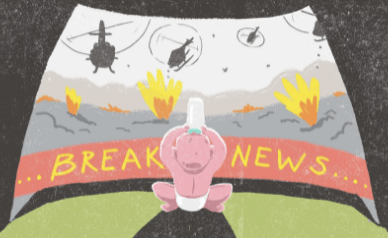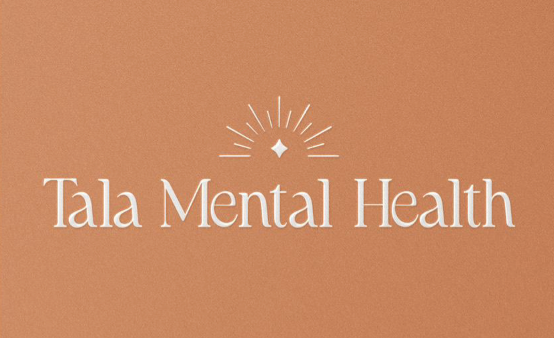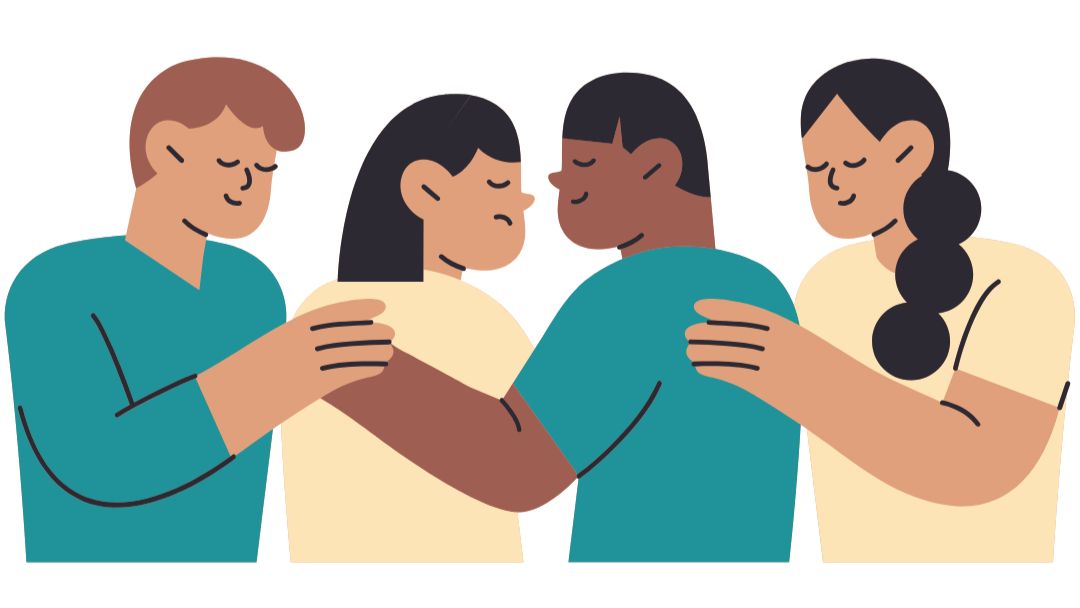What to tell our children in the light of scary news?
“Anything that’s human is mentionable, and anything that is mentionable can be more manageable. When we can talk about our feelings, they become less overwhelming, less upsetting and less scary.” -Fred Rogers

Helpful tips:
Limit their exposure to breaking news:
Control the technology that exposes your children to potentially traumatic events
Have conversations with them about what they have heard and how are they feeling?: Ask questions about what they’re seeing, what they're feeling and what do they think
Give kids facts and context:
Use a map- show the distance between the events, talk about reasons why certain things (i.e. war) may happen, talk about terms/ phrases being said in a way your child will understand (i.e. what is a refugee?)
Reassure them that they are safe and loved:
Remind your child that they can always come to you
When they ask why something happened, avoid labels like “bad guys:”
It is often not helpful, and it may increase fear and confusion. Instead, talk about people being in pain, being angry and making bad choices.
Encourage kids to process what their thinking/ feeling through play and art:
Play is how children make sense of their worlds and how they construct their stories
Look for the helpers:
Talk to your child about who is helping, what is being done to help- this makes a difference in how your child will view the world
Take positive action together:
Have conversations about how you and your child see yourselves as a helpers in these situations
A word from our child therapist Noemi Alsup, LCSW:
It is incredibly hard times for so many people. There are so many things happening in the world, from trying to recover from the impact of COVID-19 to witnessing the Russian invasion of Ukraine. For us adults, it is hard sometimes to make sense of what is occurring and to put language to how we feel, what we think and how it impacts us. Can we imagine, how our children may be feeling if it is hard for us adults to process these events? As the quote above says, when we talk about our collective human experience, how we feel, how it affects us, we can begin to manage some of those unpleasant, overwhelming and scary feelings. We want to name what it is we are feeling to understand it and process it. We begin by having these conversations in a safe and nurturing way. For some of us that may be challenging.
Please know that we at Rose Junie Therapy are here for you and can help you begin these conversations. As an LCSW, I utilize play therapy techniques to help children express themselves and process their experiences. Depending on the child and their needs, I utilize verbal and non-verbal approaches as an avenue to their healing process. Sand play therapy provides children who have difficulty expressing themselves the opportunity to use their imagination using sand, water, and figurines. Other methods may be considered as well, but the goal will always be: to help every child understand and process their feelings so that they can be heard and healed.
Sources: NPR: Parenting- Difficult Conversations & PBS SoCal Education Articles
https://www.pbssocal.org/education/how-to-talk-to-kids-about-the-ukraine-invasion
https://www.npr.org/2019/04/24/716704917/when-the-news-is-scary-what-to-say-to-kids



COMPANY
SERVICES
CONTACT
All Rights Reserved | Rose Junie Therapy
Designed by Vantix Digital
